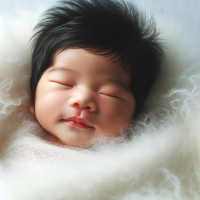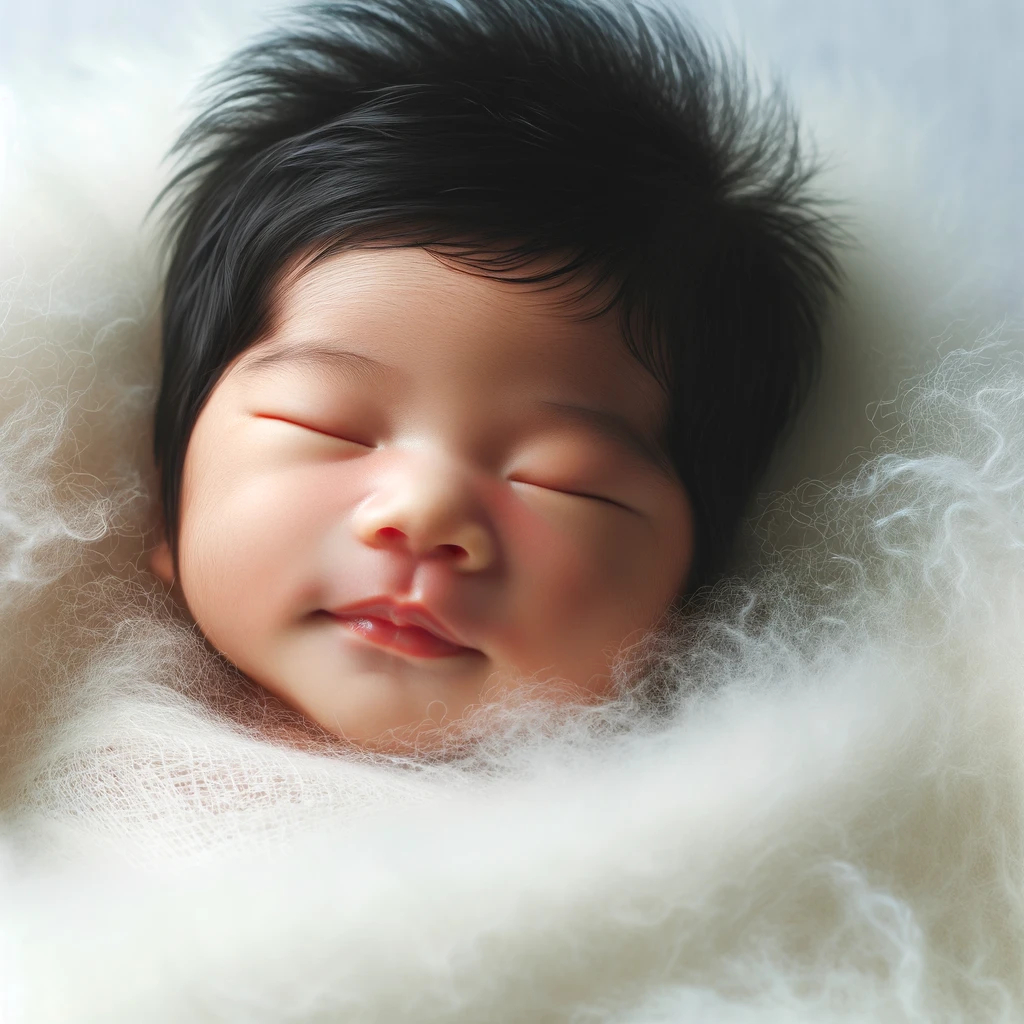The Spiritual Meaning of Babies Born With a Full Head of Hair
 The phenomenon of babies born with a full head of hair holds deep spiritual, cultural, scientific, and psychological significance. Across cultures, such hair is often seen as a sign of good fortune, health, and divine blessing. Scientifically, genetics and hormones play a role in hair development, while psychologically, it impacts parental perceptions and social bonding. The interplay between nature and culture highlights the complexity of human experience, with hair symbolizing identity, heritage, and potential. Embracing the diversity of beliefs surrounding newborn hair enriches our understanding of human life and its endless possibilities.
The phenomenon of babies born with a full head of hair holds deep spiritual, cultural, scientific, and psychological significance. Across cultures, such hair is often seen as a sign of good fortune, health, and divine blessing. Scientifically, genetics and hormones play a role in hair development, while psychologically, it impacts parental perceptions and social bonding. The interplay between nature and culture highlights the complexity of human experience, with hair symbolizing identity, heritage, and potential. Embracing the diversity of beliefs surrounding newborn hair enriches our understanding of human life and its endless possibilities.
Introduction:
The birth of a baby is a momentous occasion that is celebrated and revered in cultures around the world. Each aspect of a newborn's appearance is often observed with awe and wonder, and in many traditions, special significance is attributed to these physical characteristics. One such feature that has captured the imagination of various cultures is the presence of a full head of hair on a newborn. This article explores the spiritual meaning behind babies born with a full head of hair and how different cultures interpret this fascinating phenomenon.
Cultural Interpretations:
-
Symbol of Good Fortune and Prosperity: In some cultures, a baby born with a full head of hair is considered a sign of good fortune and prosperity. It is believed that the child will grow up to be successful and bring wealth and abundance to the family.
-
Indicator of a Strong and Healthy Child: A thick head of hair on a newborn is often seen as an indication of the child's strength and vitality. In ancient times, it was believed that a baby with a lot of hair would grow up to be robust and healthy.
-
Connection to Past Lives: In certain spiritual beliefs, a baby born with a full head of hair is thought to have a strong connection to their past lives. It is said that the hair carries memories and wisdom from previous incarnations, and the child is destined to be an old soul with deep insights.
-
Blessings from the Divine: In many religious traditions, a newborn with a full head of hair is considered to be blessed by the divine. It is seen as a sign that the child is under the protection of a higher power and will be guided through life's challenges.
-
Leadership and Authority: Historically, a full head of hair has been associated with leadership and authority. Therefore, a baby born with such a feature is sometimes believed to possess natural leadership qualities and is destined to hold positions of influence.
-
Sign of Fertility and Abundance: In agricultural societies, a baby with a full head of hair was seen as a symbol of fertility and abundance, reflecting the hope for bountiful harvests and a prosperous community.
Conclusion: The spiritual meaning of babies born with a full head of hair varies across cultures, but it is often associated with positive attributes such as good fortune, strength, wisdom, and divine blessings. This fascinating belief highlights the universal human tendency to find deeper significance in the natural world and to celebrate the mystery and wonder of new life. Whether viewed as a sign of prosperity or a symbol of spiritual connection, a baby's full head of hair remains a cherished and intriguing phenomenon.

 Live Psychic Reading Service
Live Psychic Reading Service